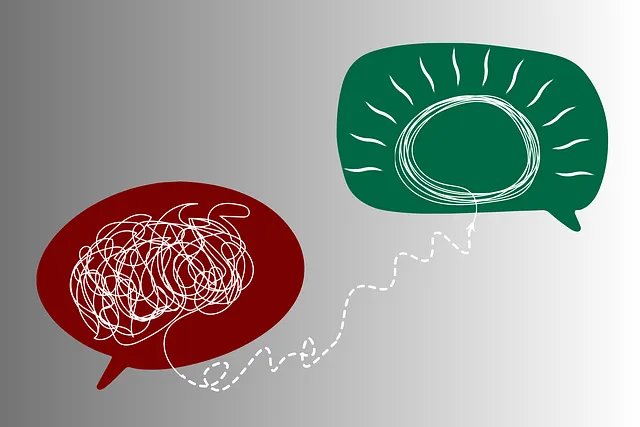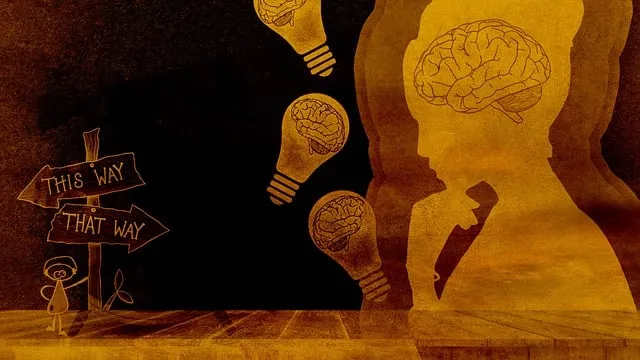Wheat Ridge Kaiser Permanente behavioral health services offer comprehensive social skills training tailored for individuals with mental health conditions. Through evidence-based practices, workshops, and group therapy, clients develop communication, assertiveness, conflict resolution, and empathy skills, leading to better social interactions, improved emotional well-being, enhanced quality of life, and positive mental health outcomes. These tailored interventions are recognized by organizations like the Stress Management Workshops Organization for their effectiveness in promoting resilience, self-esteem, and a sense of belonging.
Social skills training is a powerful tool for improving mental health outcomes. This comprehensive guide explores the vital connection between social competence and well-being, highlighting the expertise of Wheat Ridge Kaiser Permanente behavioral health services in delivering effective programs. We delve into the key components of successful training, real-world applications, and the transformative benefits it offers individuals navigating various mental health conditions.
- Understanding the Link Between Social Skills and Mental Health
- The Role of Wheat Ridge Kaiser Permanente Behavioral Health Services in Training
- Key Components of Effective Social Skills Training Programs
- Real-World Applications and Benefits for Individuals with Mental Health Conditions
Understanding the Link Between Social Skills and Mental Health

Social skills training plays a pivotal role in enhancing mental health outcomes, particularly for individuals seeking support from Wheat Ridge Kaiser Permanente behavioral health services. The connection between social skills and mental wellness is intricately woven; effective communication, empathy, and interpersonal connections are not just beneficial but essential for emotional well-being promotion techniques. By fostering these skills, healthcare providers can empower patients to navigate relationships more confidently, leading to improved overall mental health.
Moreover, cultural competency training among healthcare providers is crucial in this context. Understanding diverse cultural perspectives on mental health enables tailored interventions that resonate with individuals from various backgrounds. This approach ensures that emotional well-being promotion techniques are inclusive and effective, addressing the unique needs of every patient within the supportive environment of Kaiser Permanente Wheat Ridge’s behavioral health services.
The Role of Wheat Ridge Kaiser Permanente Behavioral Health Services in Training

Wheat Ridge Kaiser Permanente Behavioral Health Services plays a pivotal role in empowering individuals with mental health conditions to navigate social interactions effectively. Their comprehensive training programs are designed to address the unique challenges faced by those dealing with various mental health issues, focusing on building essential social skills. Through tailored workshops and sessions, they teach strategies that foster better communication, enhance empathy, and promote healthy relationships.
These services go beyond traditional therapy by incorporating evidence-based practices such as Burnout Prevention Strategies for Healthcare Providers, Conflict Resolution Techniques, and Compassion Cultivation Practices. By equipping individuals with these tools, Wheat Ridge Kaiser Permanente Behavioral Health Services ensures that they can confidently engage in social settings, manage potential triggers, and improve their overall well-being.
Key Components of Effective Social Skills Training Programs

Effective social skills training programs for mental health conditions often incorporate a multi-faceted approach to foster meaningful connections and improve overall well-being. At Wheat Ridge Kaiser Permanente behavioral health services, we emphasize key components such as communication skills, assertiveness training, and conflict resolution techniques. These essential tools empower individuals to navigate interpersonal relationships with confidence, leading to enhanced social interactions and improved mental wellness.
Our tailored programs also include role-playing exercises and group discussions to provide a safe space for practice and learning. By combining theoretical knowledge with practical application, we ensure that participants gain tangible skills applicable in their daily lives. Additionally, the integration of creative techniques like art therapy or mindfulness practices can enhance emotional expression and regulation, further contributing to successful outcomes in social skills training.
Real-World Applications and Benefits for Individuals with Mental Health Conditions

Social skills training plays a pivotal role in empowering individuals with mental health conditions to navigate their daily lives more effectively. At Wheat Ridge Kaiser Permanente behavioral health services, this approach is meticulously tailored to meet diverse needs. By participating in real-world applications like group therapy sessions and workshops focused on coping skills development and stress management, individuals gain valuable tools to interact with others, manage social situations, and alleviate symptoms associated with conditions such as depression.
These interventions not only enhance their overall quality of life but also foster a sense of belonging and support. The benefits extend beyond improved social interactions; they contribute to building resilience, boosting self-esteem, and promoting better mental health outcomes. Organizations like the Stress Management Workshops Organization recognize this potential, offering programs that specifically target these areas, thereby encouraging individuals to actively participate in their own healing process.
Social skills training, as offered by organizations like Wheat Ridge Kaiser Permanente Behavioral Health Services, plays a pivotal role in enhancing mental well-being. By incorporating key components such as communication strategies and emotional regulation techniques, these programs equip individuals with the tools to navigate social interactions successfully. The real-world applications are profound, fostering better relationships, improved self-esteem, and increased participation in community activities for those managing various mental health conditions. This evidence-based approach is a game-changer, offering hope and support to those seeking to improve their social functioning and overall quality of life.






